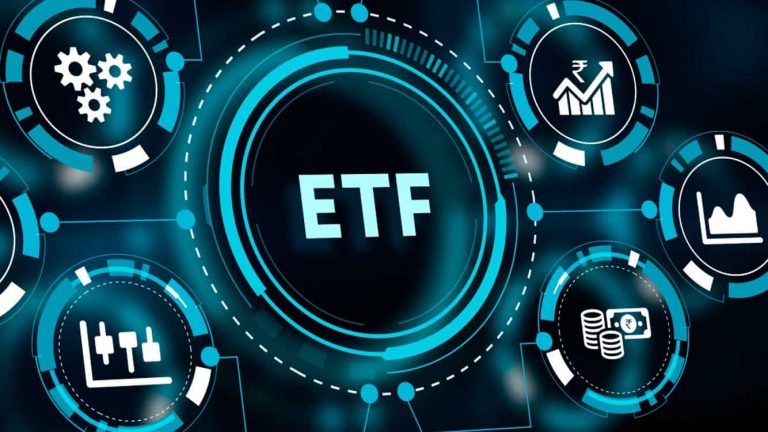
The IRS has delayed implementing new crypto tax reporting rules to December 31, granting centralized exchanges time to adapt to new regulations, and potentially avoiding increased tax liabilities for digital asset investors.
The new reporting rules would have mandated centralized cryptocurrency exchanges to default to the First In, First Out (FIFO) accounting methods to calculate capital gains.
IRS Grants Relief
The US Internal Revenue Service (IRS) announced on Wednesday it was delaying the implementation of new tax reporting requirements for cryptocurrencies until December 31, 2025. The delay gives brokers and centralized exchanges time to adapt to the regulations. The decision averts increased tax liabilities for digital asset investors and reflects the complexities of taxation in crypto and the need for regulatory adaptability. The IRS and Treasury Department had published new rules to determine which units are sold when investors hold multiple units in a brokerage account or centralized exchange.
The new rules made it mandatory for centralized crypto exchanges to switch to the First In, First Out method (FIFO) accounting method for capital gains calculations. FIFO assumes the earliest acquired crypto is sold first, resulting in higher taxable gains. Shehan Chandrasekara, Head of Tax at CoinTracker, elaborated on the problem with this approach on X, stating,
“Now, there was a practical problem with this approach. Almost all CeFi brokers were not ready to support Spec ID as of 1/1/25. This meant you had no option other than selling your CeFi assets under FIFO starting 1/1/25. In a bull market environment, this could have been disastrous for many taxpayers because you’d be unintentionally selling the earliest purchased asset (which tends to have the lowest cost basis) first while unknowingly maximizing your capital gains.”
Investor Concerns
Investors were worried about potentially inflated tax bills as FIFO could have forced the sale of assets purchased at lower prices, significantly increasing gains and presenting investors with a high tax bill. Chandrasekera cautioned that applying FIFO could substantially impact crypto taxpayers and increase the tax burden. With the implementation delayed, investors can choose different accounting methods such as Highest In, First Out (HIFO), or Specific Identification (Spec ID). These alternatives give investors considerable flexibility. Chandrasekera added that the relief is automatic and does not require any immediate action from investors. However, investors must choose an accounting method starting January 1, 2026. Failure to do so could lead to default FIFO sales
Legal Scrutiny
The IRS’s decision coincides with increased legal and industry scrutiny over its approach to digital asset taxation. The Blockchain Association and the Texas Blockchain Council also filed lawsuits contesting the new reporting requirements. The lawsuit challenges the mandate that brokers must report all digital asset transactions, including the ones on decentralized exchanges. Critics of the IRS argue the rules exceed the agency’s authority and impose unnecessary burdens on market participants.
Disclaimer: This article is provided for informational purposes only. It is not offered or intended to be used as legal, tax, investment, financial, or other advice.
























+ There are no comments
Add yours